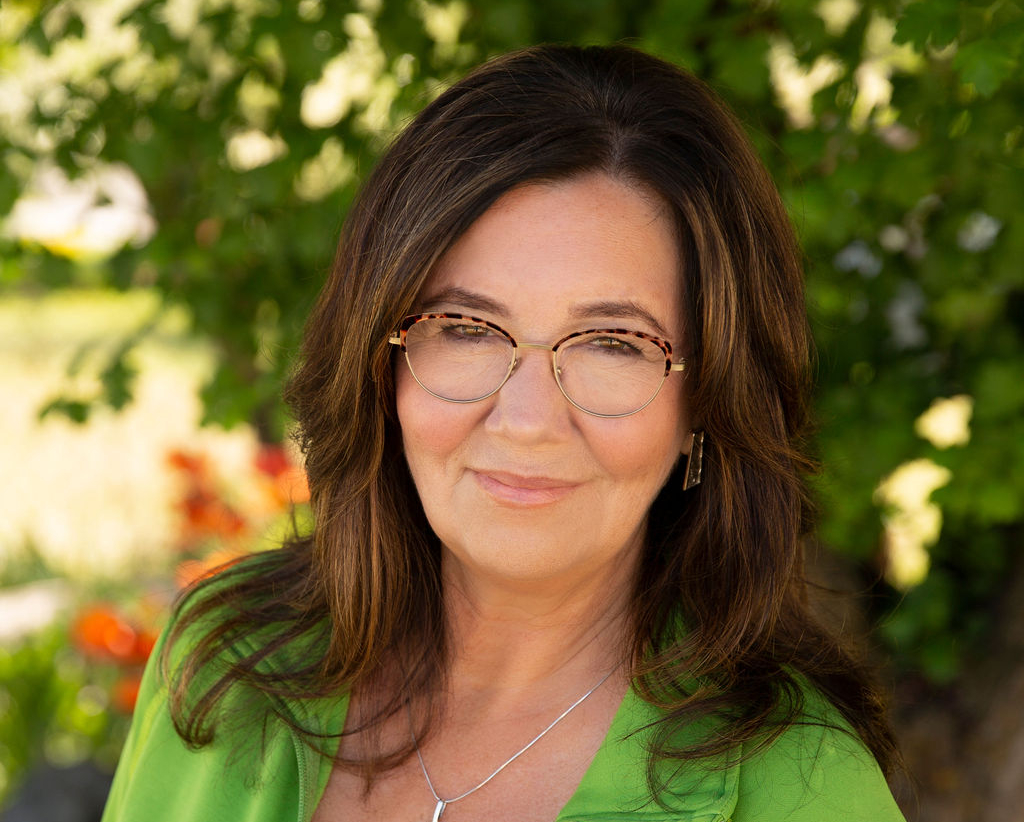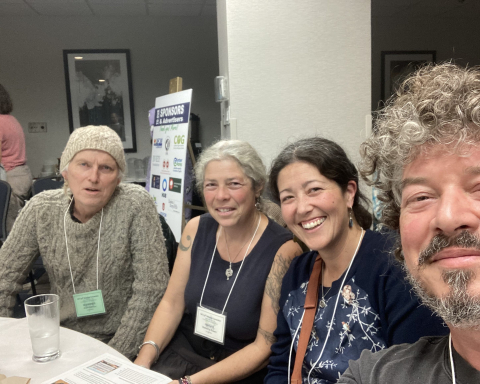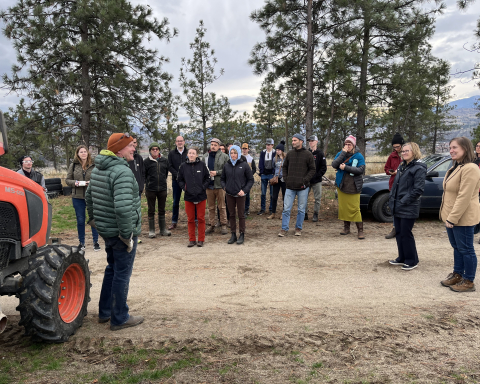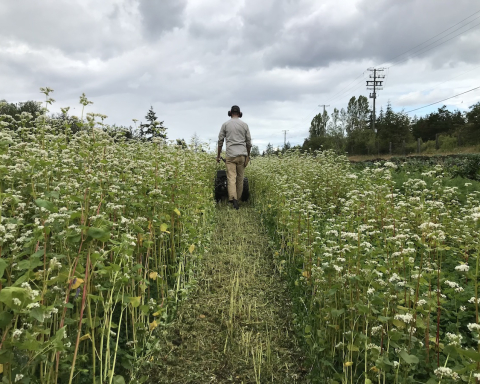Karen Fenske
My husband and I were told in our late 20s that we would need $1.7 million to retire. We were shocked, we chuckled, we talked about what we wanted in life, and then we lived it. It is a complex process to provide a useful answer to how much money you will need to for retirement. “What AMOUNT do you need to retire?” is the wrong question. A better, simpler start to retirement planning is to develop a conversation that you revisit annually using facts and your best guess.
Contemplate these questions with your partner, a blank piece of paper, or me:
Your Values
- If you value family and relationships you may choose to help your adult children and grandchildren. How much will you give them and when? Will you let them live with you or you will pay for family vacations or swimming lessons or ski passes?
- Do you value fitness, health, leisure, etc.? Will you buy new skates, beach towels, skis, clubs, kayaks, e-bikes, or a cottage on a fishing lake?
- Maybe you value taking care of your aging parents. Will you spend time cutting their lawn, taking them on holidays with you or ensuring you have a home where you can all live?
Your Dreams
- You hope for a beautiful, new home built on your property/acerage while your kids take over your farm/operation. How will you achieve this?
- Do you want to travel the globe and ride camels, or roam across Canada? Will you stay in hostels or resorts? Do you need a new RV or a “previously owned” version?
- A new workshop with all the bells and whistles is in your future. What do you want to spend on this?
- A beautiful smaller empty nest is on the horizon. What do you need to spend to prepare your home for sale? What will you have in your savings account once all is said and done?
Your Debt
- Will you roll into retirement with a mortgage? For how long?
- Will you have credit cards bills, car loans and lines of credit to pay?
Your Health
- What are your personal habits and your genetics? Will you live to 100 or not?
- Will you need to consider the cost of a senior residence and/or long-term care?
- You may be in tip-top shape and perfectly healthy but accidents happen, and the gradual progression of some diseases will impact your finances.
Your Goals
- Do you have them written down? Have you researched them? Have you put a price tag on them and put them on a timeline? You can.
While you do not have complete control of how life rolls out, you do have control over the choices you make which will result in having more or less to live on. Our plans for retirement have been adjusted a few times with more or less in the picture—and you will still find us Sunday afternoons talking about what the future could look like.
Karen Fenske is the founder of Fenske Financial Coaching. She uses all the experience, education, and skills in her toolbelt to help improve the financial well-being ofher clients. The goals of sustaining organizations and BC agriculture continue to be dear to her heart.










